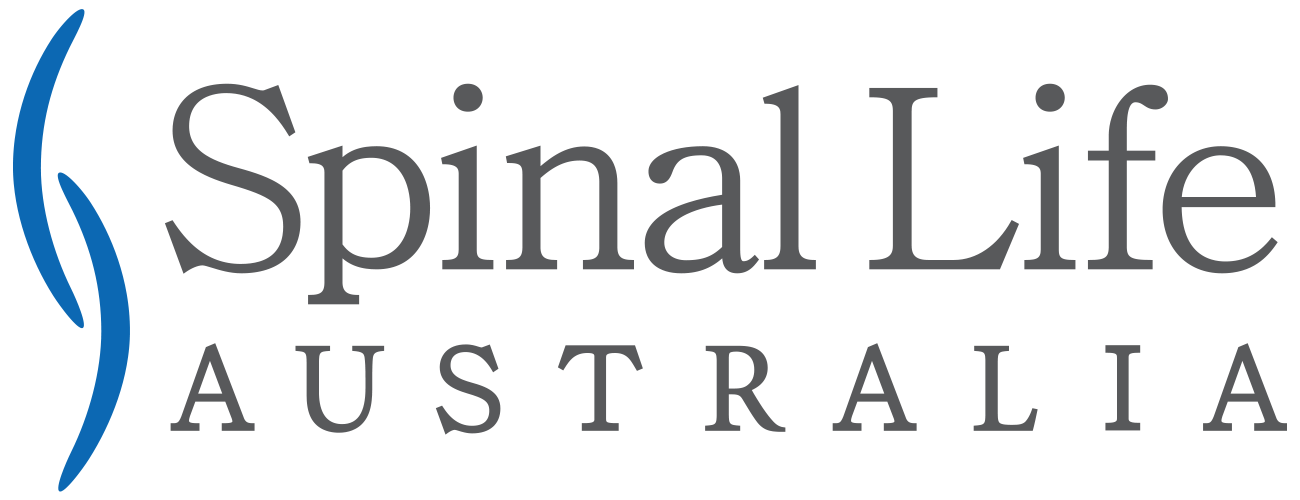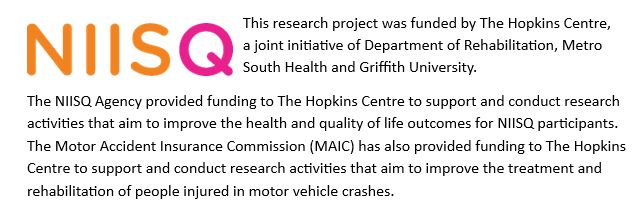Tourism Experiences of People with Spinal Cord Injury
About the Project
This project explores the tourism experiences of people living with spinal cord injury (SCI). Tourism involves activities undertaken when temporarily visiting places outside one’s usual environment for leisure, business, or other purposes. Evidence shows that people with disability face significant accessibility challenges across tourism sectors and travel far less than people without disability. Guided by the understanding that tourism is about feeling included and valued, the project investigates what supports or limits meaningful participation for travellers with SCI.
Project Aims
- To understand the barriers and facilitators experienced by people with SCI when engaging in tourism.
- To explore what inclusion means in tourism—sharing experiences with others, having choice and agency, and being supported through accessible environments
- To generate practical recommendations that enhance accessible and inclusive tourism experiences.
Project status and timeframe
- Preparation: Developed participant information packs and engaged in planning activities.
- Data Collection: Designed a two–three day travel itinerary; conducted individual discussions with participants and prepared individual summaries.
- Data Analysis: Held a focus group to deepen insights, refine themes, and finalise participant-selected photographs that captured key tourism experiences.
Key Findings
- Inclusion is about the same experience: “What can we actually do to make their experience as enjoyable as everybody else’s?” — Cameron
- Inclusion is about sharing the experience with others. Participation alongside peers, friends, or family fosters connection and belonging.
- Inclusion is about choice and agency. Autonomy in decision-making—what to do, where to go, how to participate—is central to meaningful tourism.
- Accessibility supports inclusion and the experience. Accessible environments and services create the foundation for equitable participation and enjoyment.
Expected Outcomes and Impact
- Greater understanding of how accessibility, inclusion, and autonomy shape tourism experiences for people with SCI.
- Guidance for tourism providers and policymakers to improve accessible design, service delivery, and communication.
- Insights that support social inclusion, increased participation, and equitable travel opportunities for people with disability.
- Accessible tourism and inclusive tourism should not be used interchangeably—accessibility removes barriers, while inclusion ensures meaningful participation and equal experiences.
- Partnering with consumers is essential, going beyond traditional disability access audits and engaging people with lived experience.
- A “human model of disability” should guide tourism design, focusing on real-world experiences rather than minimum compliance.
- Information equals choice and agency—accurate, detailed information empowers travellers to plan and participate confidently.
Click here to view project presentation presented at The Hopkins Centre BIBS 2023 symposium.
Publications
Greenwood, J., Gustafsson, L., McShane, M., Mackereth, C., Greenfield, N., Fernandes, J., & Walder, K. (2025). Tourism experiences of people with a spinal cord injury: a photovoice study of the Gold Coast region. Disability & Society, 1-22. https://doi.org/10.1080/09687599.2025.2492658
Project Team
Jorja Greenwood
Louise Gustafsson
Colin Mackereth
Nate Greenfield
Joel Fernandes
Matthew McShane
Kim Walder
Funding acknowledgement
Spinal Life Australia - Ross Duncan and Dane Cross

Griffith Institute For Tourism


View All Researchers

